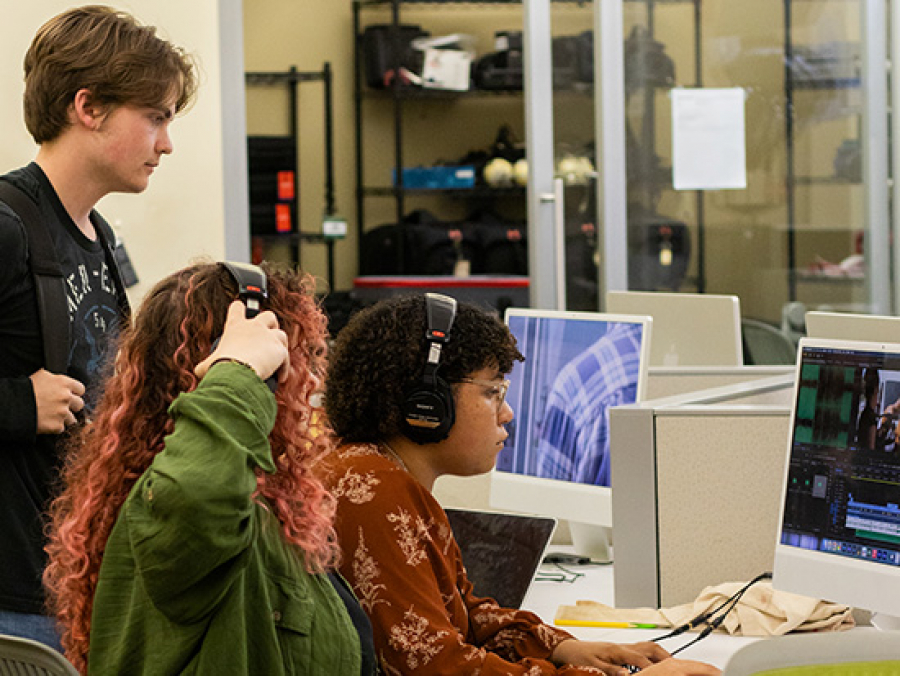Department of biomedical engineering

Ho-Wook Jun, Ph.D., has been awarded one of the University of Alabama System’s most prestigious honors, the McMahon-Pleiad Prize, for his contributions, which align with the system’s missions, values and core principals.

UAB researchers will develop three-dimensional models of the human brain that will be launched to the International Space Station, where they will remain for 30 days.

The Blazer Bridge Fund encourages discovery among the UAB community by providing financial support to innovative ideas and inventions.

The understanding of how macrophages regulate their response to toxic particles via two independent pathways could uncover therapeutic opportunities to quell inflammation.

UAB’s new Lunaphore COMET multiplex immunofluorescent platform can hyperplex up to 40 antibodies on a single pathology tissue sample.

Snekha Rajasekaran plans to leverage her passion for medicine and social welfare to become a service-oriented physician-scientist, improving lives in Alabama and beyond.

Injecting infarcted pig hearts with specially bioengineered cells significantly decreased the infarct area and improved heart function, showing possible clinical relevance.

Heart failure is responsible for 13 percent of deaths worldwide, and half of patients die within 5 years. New therapies are needed.

Chloe Naquin spent nine weeks in Puerto Rico studying the Cuban tree frog as part of the NSF’s Research Experience for Undergraduates program.

The NIH grant will support development of a BionanomatrixTM coating for an aneurysm-therapy flow diverter in the brain.

Nine University of Alabama at Birmingham students have been awarded NASA Alabama Space Grant Consortium scholarships and fellowships.

UAB Media Studies students learn how to make documentary films focusing on communities and issues they care about in a semester.

A new artificial intelligence center will bring more discovery in the field to UAB.

These research areas — part of the Convergence Revolution — have the greatest potential of achieving tremendous impact on the field of medicine in the coming decades or century.

This advance should facilitate atherosclerosis drug discovery and development.

The modified mRNA — delivered after experimental heart attacks — transiently allows heart muscle cells to proliferate, leading to reduced infarct size and improved heart performance compared to untreated animals.

Zhang wins $11.2 million NIH PPG grant to improve heart attack recovery through growth of new heart muscle cells.

The Council on Basic Cardiovascular Sciences, known as the BCVS, is one of the largest councils at the American Heart Association, and it is one of the largest organizations in cardiovascular sciences globally, with more than 4,700 members.

This therapy, using sustained release of nitric oxide, may be a novel, efficient and safe way to prevent and treat multiple metabolic diseases.

Research in animal models shows better formation of the fistulas, which are a lifeline for kidney failure patients as the connection site to dialysis machines.
Page 1 of 2